On April 20, the 13th China Government Regulation Forum was held at Zhejiang University of Finance and Economics' (ZUFE) Xiasha campus. The event brought together prominent experts and scholars from various fields, including Guo Huawei, Party Secretary of the Zhejiang Federation of Social Sciences; Qiu Baoxing, Academician of the International Eurasia Academy of Sciences and former Vice Minister of Housing and Urban-Rural Development; Jiang Bixin, former Deputy Party Secretary and Vice President of the Supreme People's Court; and Wei Jiang, Deputy Party Secretary, Vice President (overseeing daily administration), and Dean of the China Research Institute of Regulation and Public Policy (CRTT).
Additionally, over 120 experts and scholars from government agencies, research institutions, universities, and journals participated in the forum. The opening ceremony was presided over by Professor Wang Junhao, a renowned scholar and Chief Expert of CRTT, who is also one of the Changjiang Scholars of the Ministry of Education and a Provincial Distinguished Expert.
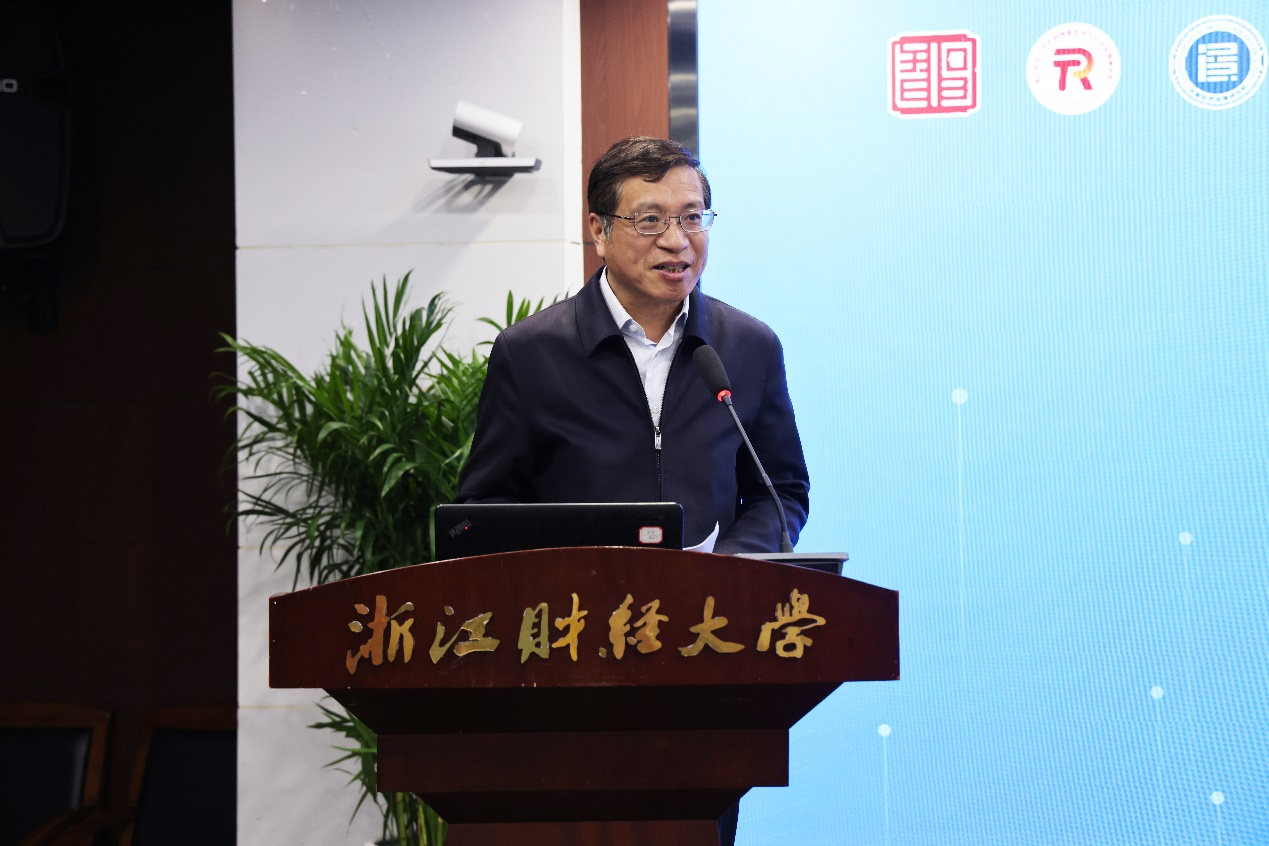
Guo Huawei noted that, despite progress, government regulations still face complex development paths and diverse realities. He emphasized the need to enhance policy resilience, improve Zhejiang's unique modern financial regulation system, and strengthen anti-monopoly and unfair competition efforts, particularly in the context of platform economies.
These challenges have prompted new propositions and raised concerns about how to address them effectively. Guo Huawei expressed his desire for Zhejiang to take a leading role in synthesizing experiences, generating original theories, deepening reform practices, innovating regulatory systems, and leveraging its strengths to construct strong discipline.
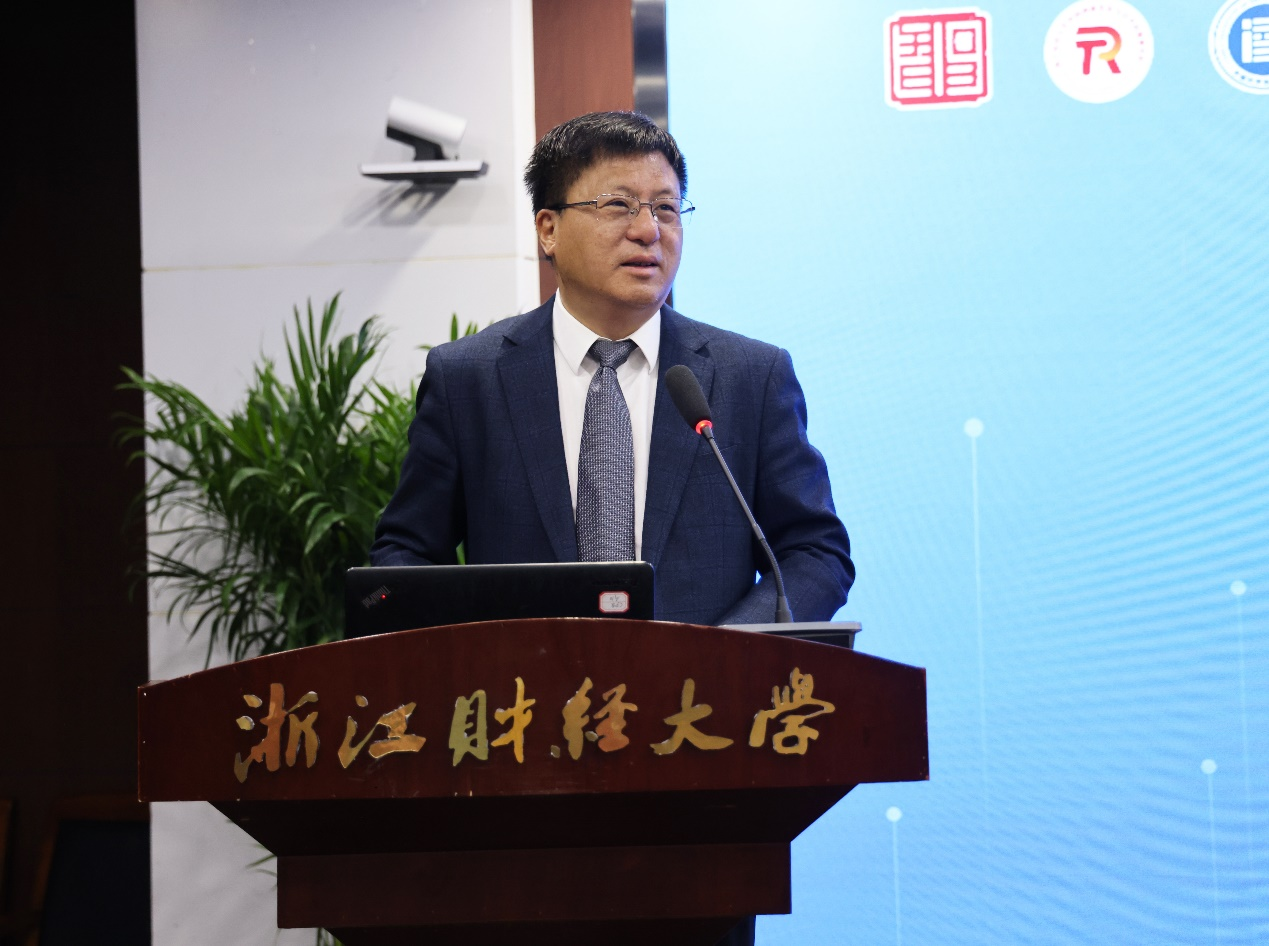
Wei Jiang extended a warm welcome to and expressed his gratitude for the esteemed experts attending the forum. He emphasized that comprehensive government regulation is urgently needed across various industries, enterprises, and social organizations.
Wei Jiang noted that effectively balancing market development and governance requires innovative, forward-thinking concepts grounded in science and strategy. He highlighted that CRTT has taken on a critical mission to establish an independent knowledge system with distinctly Chinese characteristics.
He underscored the importance of ZUFE taking root in Zhejiang, facing the nation, and going global, breaking down barriers between campus, school, or discipline. This requires developing a "New Finance and Economics Strategy" that integrates and coordinates the CRTT's development with the university's overall governance system, including its talent cultivation, education ecosystem, and discipline systems.
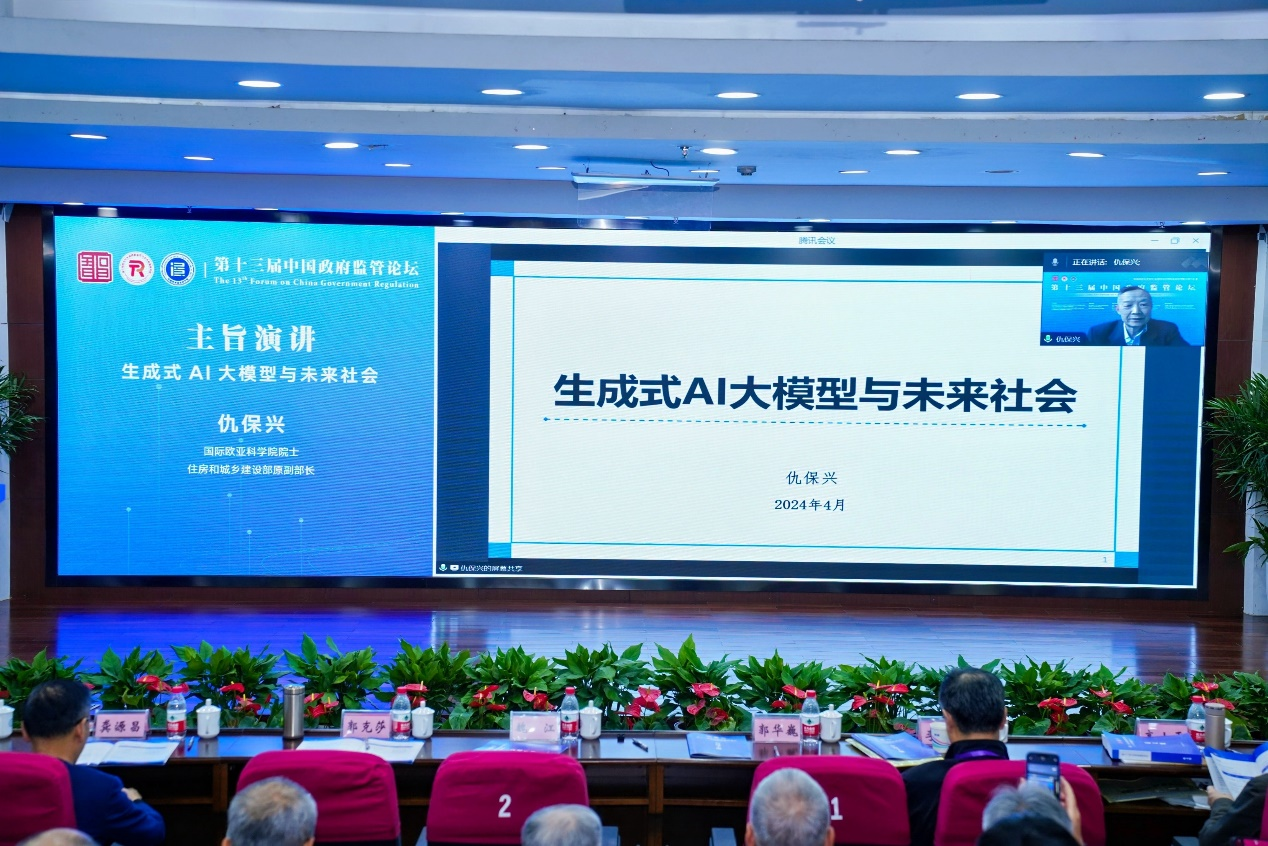
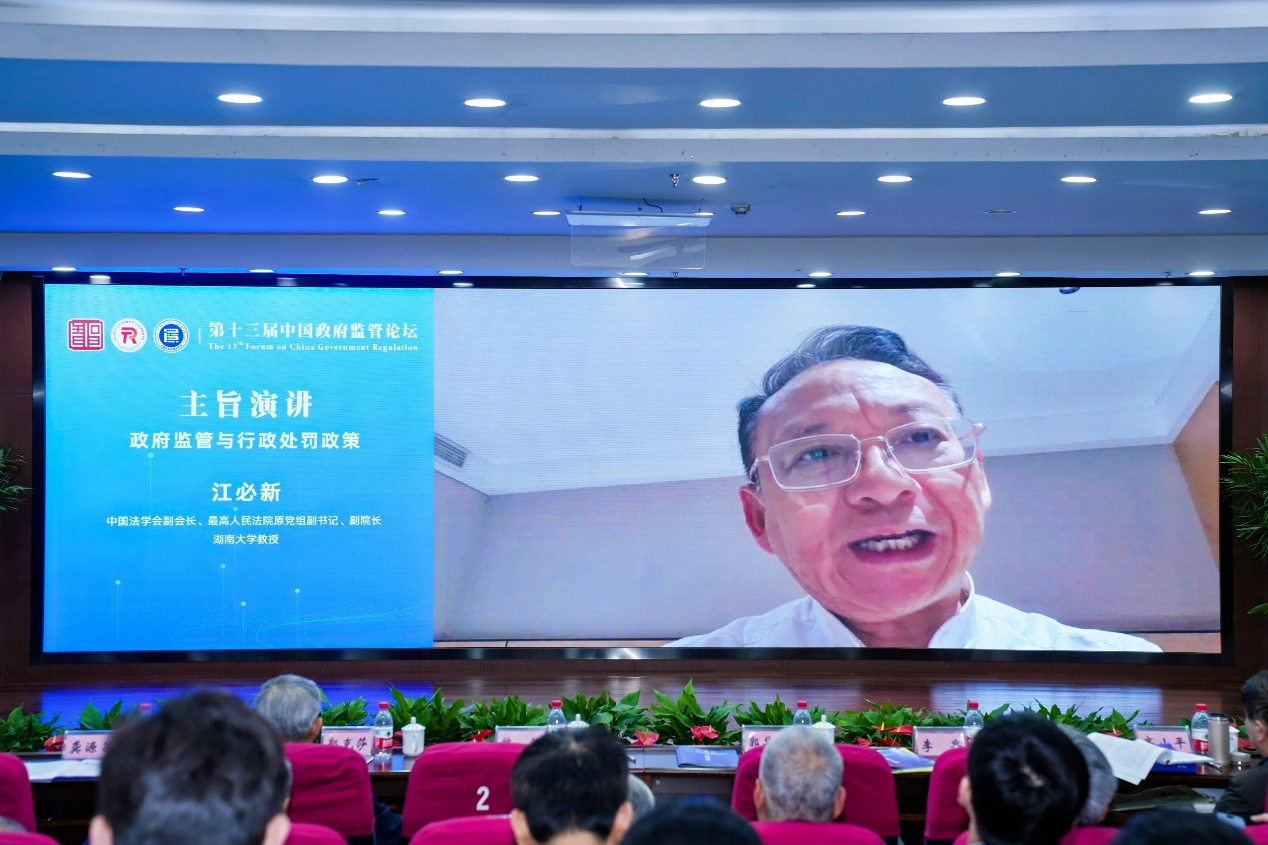
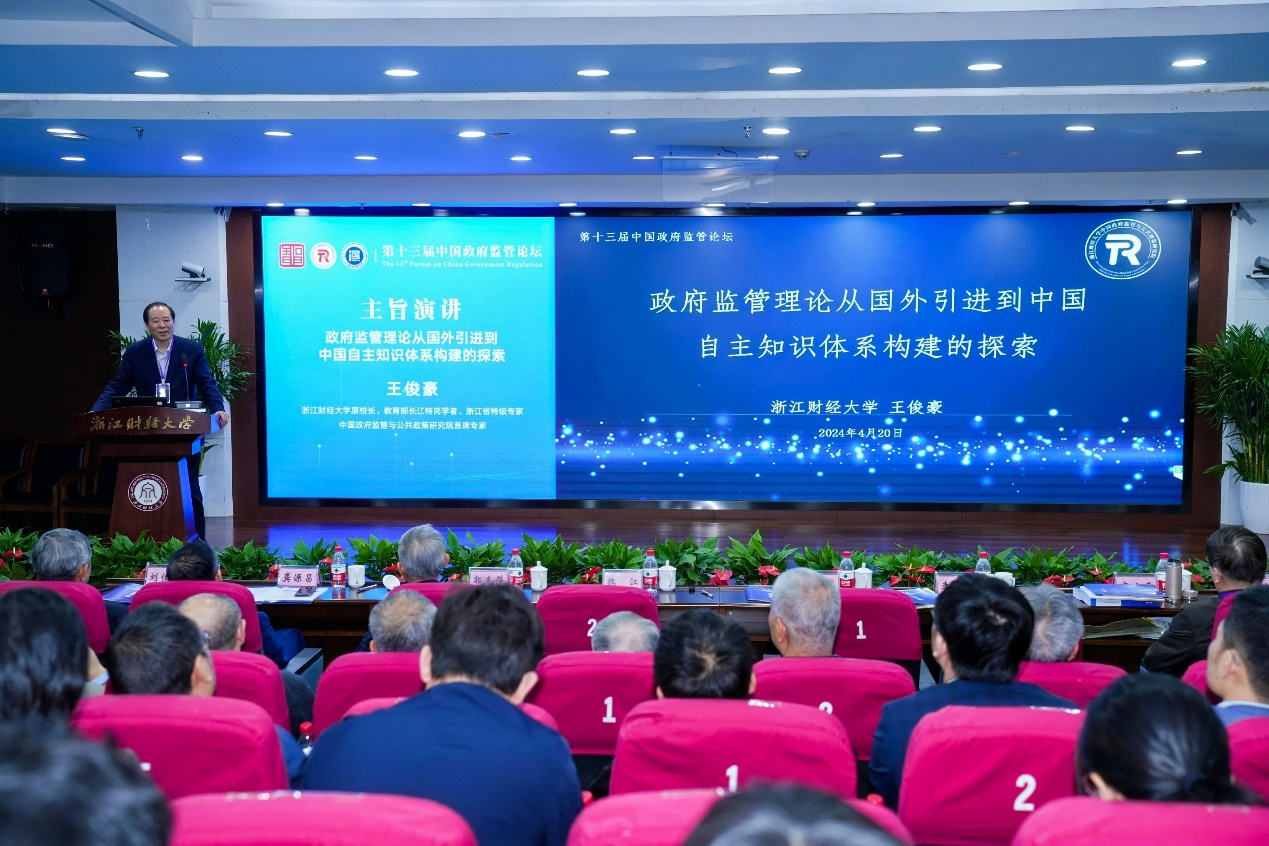
Dr. Qiu Baoxing, Academician of the International Eurasia Academy of Sciences, Professor Jiang Bixin, former Vice Minister of Housing and Urban-Rural Development and the Vice President of the China Law Society and former Deputy Party Secretary and Vice President of the Supreme People's Court, as well as Professor Wang Junhao, Chief Expert of CRTT, respectively delivered keynote speeches.
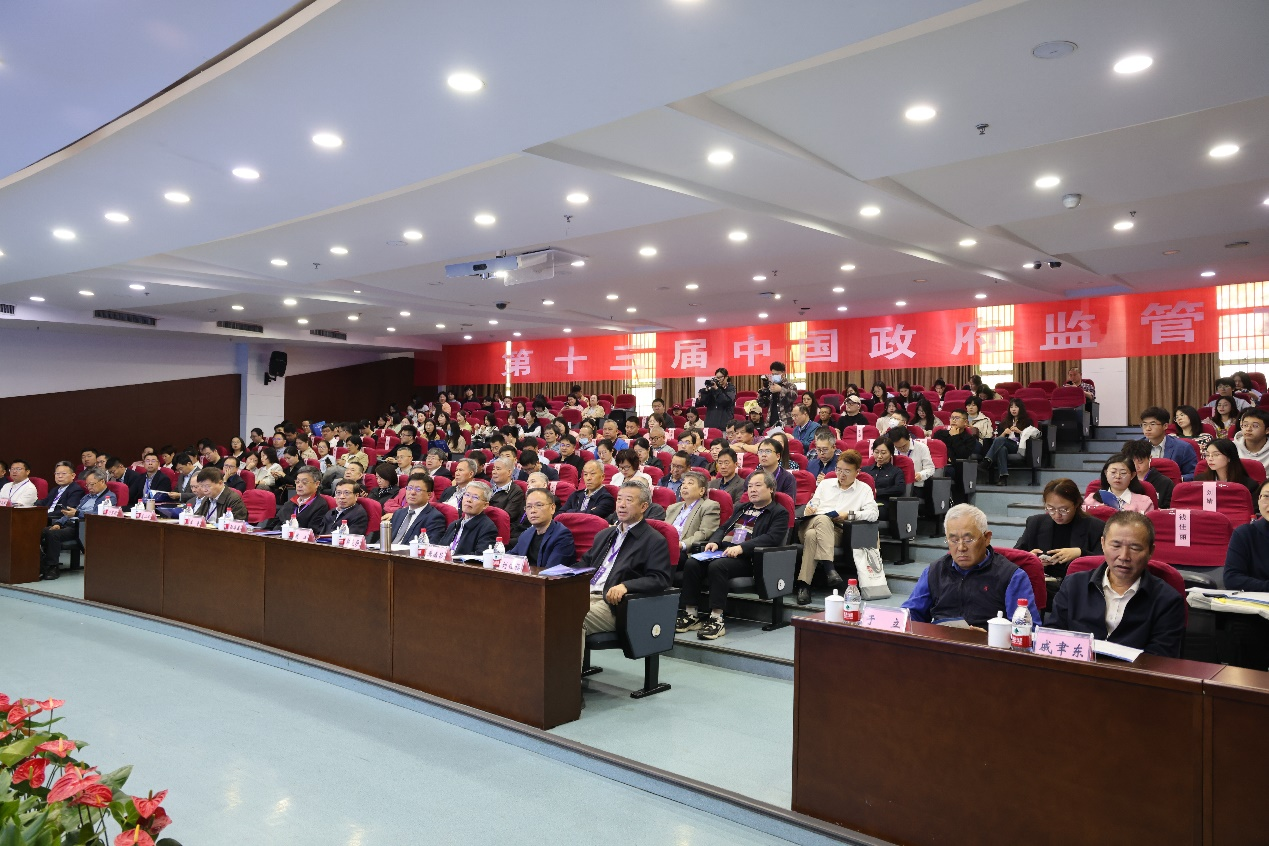
Six special lecture units provided a framework for extensive exchanges and discussions among experts. The topics included:
Strengthening effective government regulation to promote modernization of national governance;
Government regulation innovation under Chinese modernization;
Business environment and regulatory policy innovation;
Digital economy and regulatory system innovation;
Dual-carbon goals and environmental regulation;
Energy system reform and regulatory modernization.
Experts emphasized that the foundation of China's autonomous knowledge system in government regulation theory must be firmly rooted in its unique Chinese characteristics. This system should be deeply embedded within China's socialist system, addressing the specific needs of China's regulatory practices. It is crucial to synthesize and analyze China's rich experiences and laws in regulation, cultivate emerging interdisciplinary fields within regulation studies, and selectively integrate valuable insights from Western theories and practices.
Experts attending the forum acknowledged that Chinese modernization has generated increasingly complex demands on government regulation. These demands include optimizing market regulatory systems and business environments, promoting technological innovation and the emergence of new business formats, achieving a balance between security and innovation, and accelerating the development of high-quality productive forces.
To meet these challenges, experts emphasized the need to innovate government regulatory mechanisms, such as implementing classified regulation, integrating ex-ante regulation with ex-post enforcement, and improving the efficiency of local government regulations. This requires a more precise, coordinated, and efficient approach to regulation.

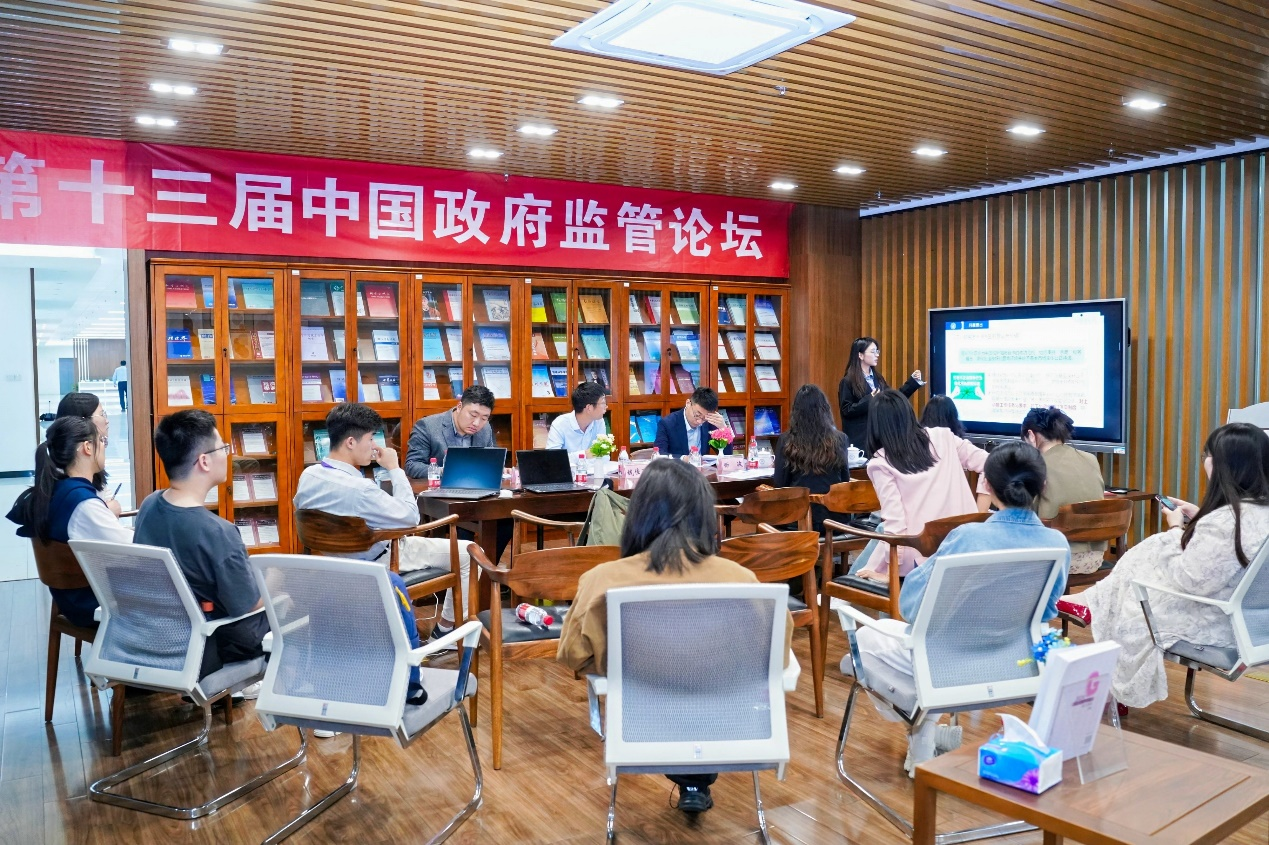
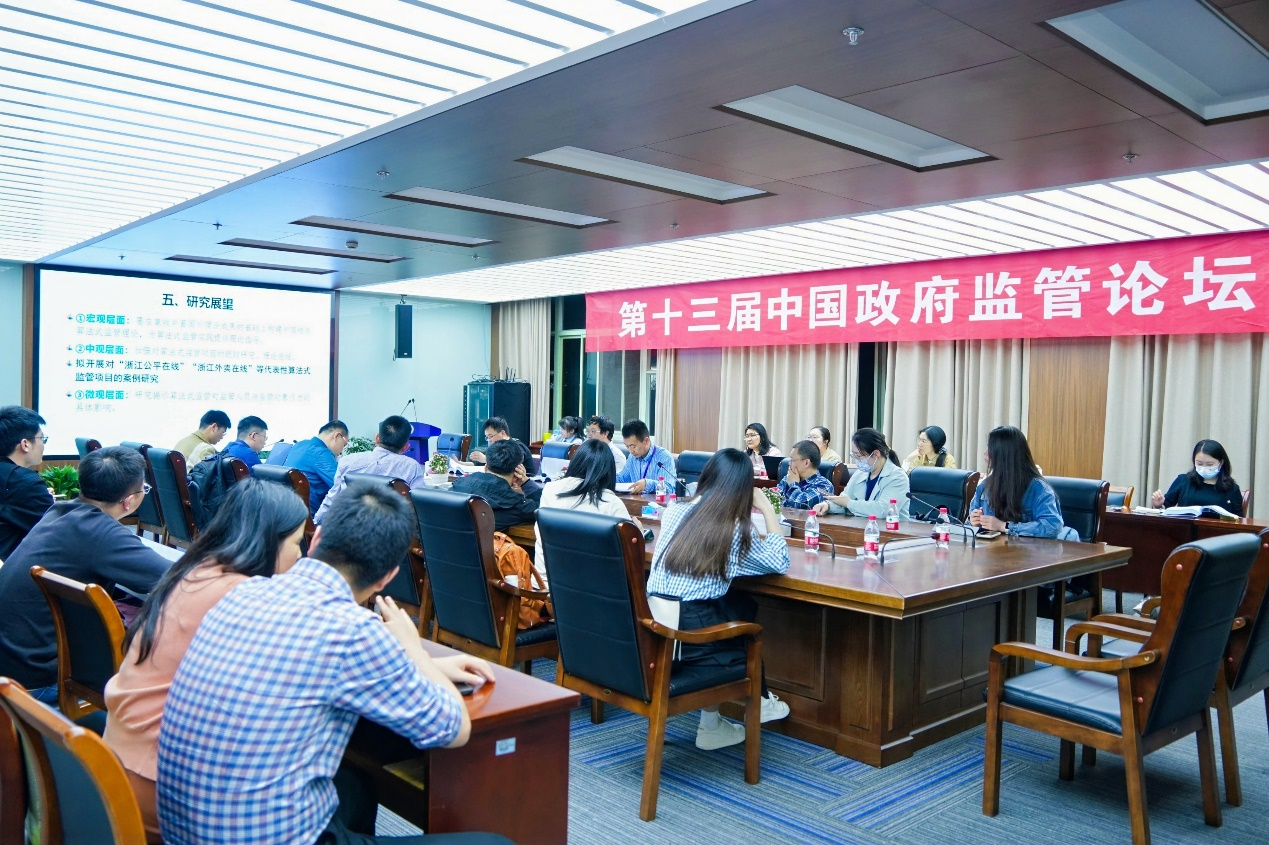
At the journal forum, editors and young scholars from journals such as China Industrial Economics, Economic Science, Economic Theory and Business Management, Journal of International Trade, Nankai Economic Studies, and Social Science Front engaged in extensive discussions on relevant topics.
The youth scholar forum saw lively and insightful academic exchanges among young scholars and experts on the critical topic of "Strengthening Effective Government Regulation to Promote Modernization of National Governance Systems and Capabilities".
The forum offered an exceptional platform for interdisciplinary, cross-departmental, and cross-industry dialogue, featuring cutting-edge topics and innovative perspectives on government regulation theory and policy research.
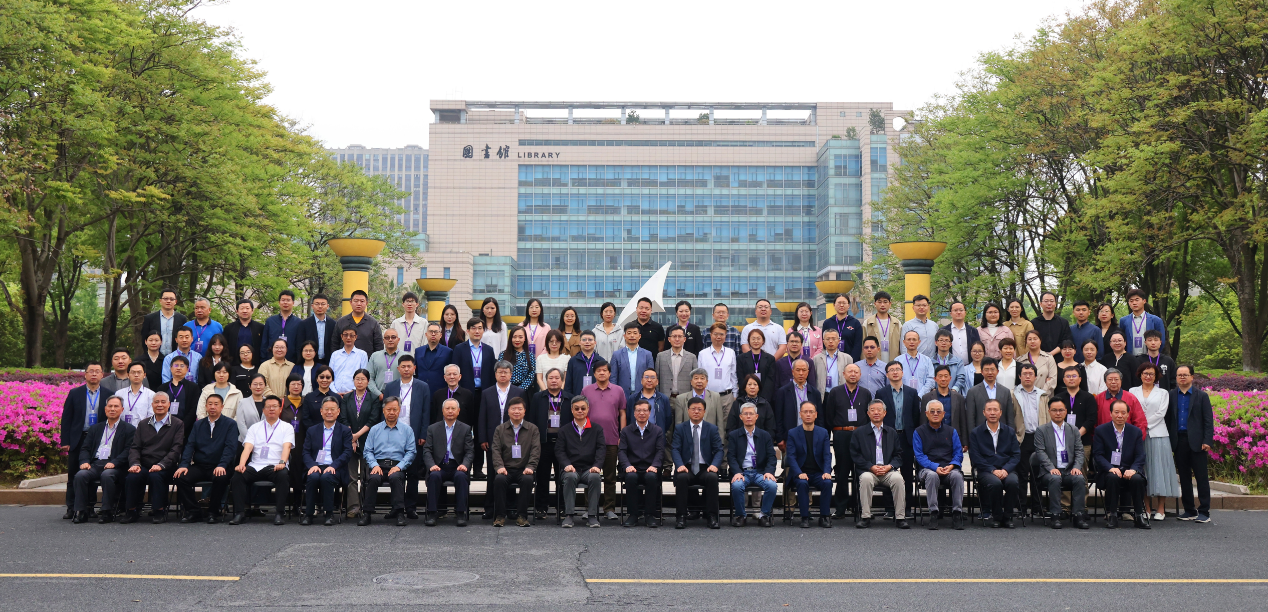
The forum is jointly hosted by Zhejiang's New Key Think Tank "China Research Institute of Regulation and Public Policy", Industrial Regulation Branch of China Industrial Economics Association, Energy Regulation Branch of China Energy Research Society, and Urban Public Utility Reform and Regulation Branch of China Urban Science Research Association, and was jointly organized by Zhejiang Finance University's China Institute of Regulation Research, China Industrial Economics Journal, and Zhejiang Modern Government Regulation Research Institute.
